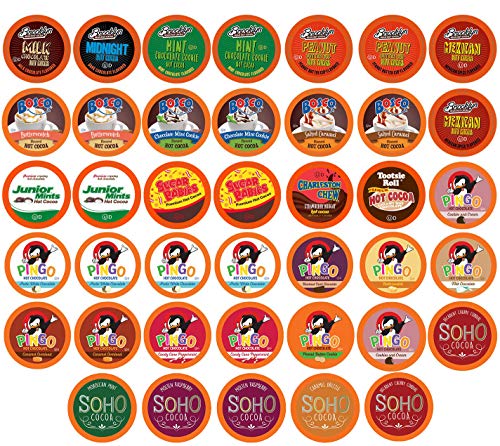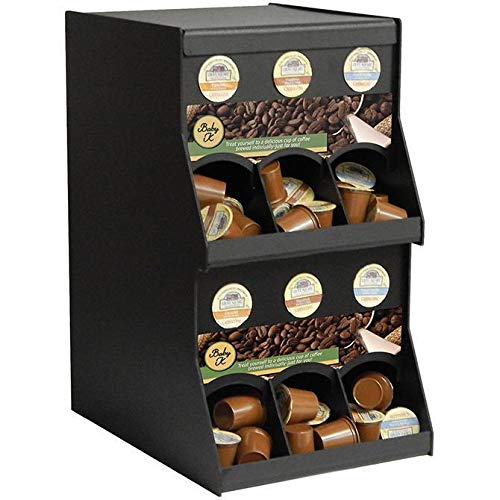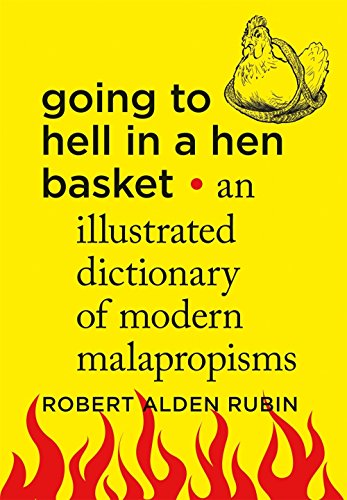Going to Hell in a Hen Basket: An Illustrated Dictionary of Modern Malapropisms
Malapropism – A word or phrase that has been mistaken for another, usually because of its sound rather than its meaning. Everyone has made the mistake of using a word or phrase that they think sounds correct, but in fact is not. Malapropisms make some sense. They have a semantic logic to them, even if
Malapropism – A word or phrase that has been mistaken for another, usually because of its sound rather than its meaning.
Everyone has made the mistake of using a word or phrase that they think sounds correct, but in fact is not. Malapropisms make some sense. They have a semantic logic to them, even if that logic makes perfect nonsense. In Going to Hell in a Hen Basket, author Robert Alden Rubin delights in the creative misuse of words and celebrates the verbal and textual flubs that ignore the conventions of proper English.
Culled from blogs, the deepest corners of the internet, as well as some of the most esteemed publications, here is a collection of classic malapropisms paired with hilarious illustrations.
Some examples include:
· adieu, without further – Conflation of bidding adieu (saying goodbye) with ado (complicated doings, ceremony) to mean “without saying anything more.”
· feeble position – An unborn child in a fetal position seems weak and helpless, which explains the confusion here. The two words also share some sexist cultural and literary associations. Feeble (weak) originates from a Latin word for something to be wept over; fetal (relating to a fetus) originates from the same preliterate Indo-European word that gives us female.
· hone in on – Confuses expressions such as finely honed with home in on or zero in on (focus on, locate) and sometimes with horn in on (intrude upon). Homing, as pigeons perform it, often involves flying in narrowing circles until the target is reached. Hone means to sharpen; the malapropism conveys the sense of a carefully sharpened instrument and sometimes cutting in.
Perfect for bookworms and wordsmiths, the point here isn’t to shame the malapropagandists, but to delight in the twists and turns writers put our language through and to amuse and inform those of us who care about words.








Illustrations are a hoot! This book is a fun read. It’s an alphabetical list of malaprops. With each entry, Rubin speculates on their origin — typically they are similar to a well-worn phrase, but for a misspelling or the replacement of a word with its homophone.The best thing about the book is its illustrations. The hen shown on the cover is used in little scenes that illustrate about half the entries and Rubin does a great job with these gag drawings.Like most books of this type, you would…
Hilarious, Informative And Comfortably Academic Makes one want to spend an evening with friends laughing over miss-statements and at those who get it and those who’re defensive. I admire the research that went into this book and the author’s scientific commitment to our English language regarding tense, phonetics, explicit meanings, historical referencing/semantics. The detailed info condensed into this one small book delivers an enjoyable escapade without the pointedly sarcastic attacks on readers one might expect. In other words, it’s NOT…
Highly Entertaining Read if you are a fan of collecting bits of Tortured English. For those fans of the vernacular, this book is a hoot. Malapropisms, beware! Robert Rubin is your biggest fan, and he’s cataloguing you for the amusement of others. Highly entertaining for those of us that love the language, and all its twists and turns. Whilst some are groan-worthy, many provide a good laugh. If you can giggle at Cadillac Converters, then this is the book for you. Gift-worthy, too, for the man or woman who has everything–including the gift of gab!